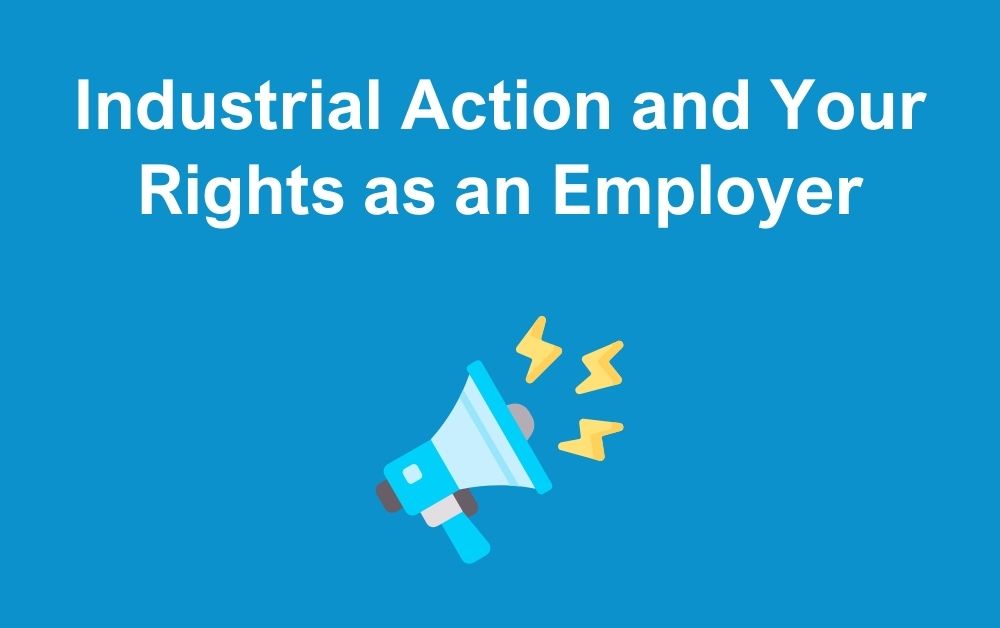Many disputes between employees and employers can often be resolved before industrial action is taken, however, strikes still pose many worries for employers. Not only can industrial action cause disruption but it can also damage a company’s reputation. In this article, we will provide a guide to industrial action and explain your rights as an employer.
Preventing discrimination
Discriminatory acts are often the cause of disputes between employers and their employees and can lead to industrial action being taken. There are many ways employers can avoid discriminating against their employees. For example, it is essential that they do not discriminate against individuals because they are members of or are not members of trade unions. This also applies to applicants in the recruitment process.
Employers must not take action against employee because they are or are not a member of a trade union, for example they cannot award a pay increase to some employees and not others based on trade union membership. The same goes for dismissing employees. An employer cannot choose to make someone redundant because of their trade union membership. Being aware of these rules will help you to create a better relationship with employees and their trade union representatives
Legal requirements of industrial action
Trade unions and employees are bound by certain legal requirements when taking industrial action. The dispute must be between the employees and their employer in order for industrial action to be lawful. It cannot be in support of a closed shop or a dismissed employee who took place in unofficial action. The dispute must relate to issue such as pay, discipline or negotiating other employment arrangements. In order for industrial action to be classed as official and lawful the trade union must comply with procedures for notifying the employer and balloting members. Finally, picketing must be peaceful and carried out at or near the place of work.
Dealing with industrial action
Picketing must be peaceful and take place at or close to the employees’ place of work.
Industrial action must be carried out in a specific way in order for it to be classed as official and regarded as protected. Employers cannot dismiss employees for taking part in protected industrial action. If the action lasts more than twelve weeks and the employer has taken reasonable steps to resolve the dispute, they may have grounds to dismiss employees. The reasonable steps include following the procedure in any collective agreement, commencing or resuming negotiations and using mediation services.
Unlawful industrial action
Even if industrial action is official and endorsed by the union, it can still be classed as unlawful if the trade union has failed to follow the correct notification and balloting procedures. In the case of unlawful industrial action, employers have the right to dismiss the employers without it being classed as unfair, providing that they dismiss all participants and offer to re-engage within three months of the dismissal.
Unofficial industrial action
If a trade union announces that industrial action is unofficial then employees are not protected. This means that if they continue to take part in the industrial action, they will lose their rights to claim unfair dismissal if their employer decides to take action.
Conclusion
Working with trade unions and employees to resolve misunderstandings and come to agreements can prevent industrial action from taking place. It is always best to do everything you can to avoid industrial action as it can cause disruption to your business. Not only that but it can worsen your relationship with employees and may have an effect on your reputation.
If you are struggling to reach a resolution or compromise with your employees, you may want to consider seeking external advice and we would be happy to arrange an initial consultation free of charge.
It is recommended that employers and trade union representatives go through a process of mediation before industrial action is considered.







